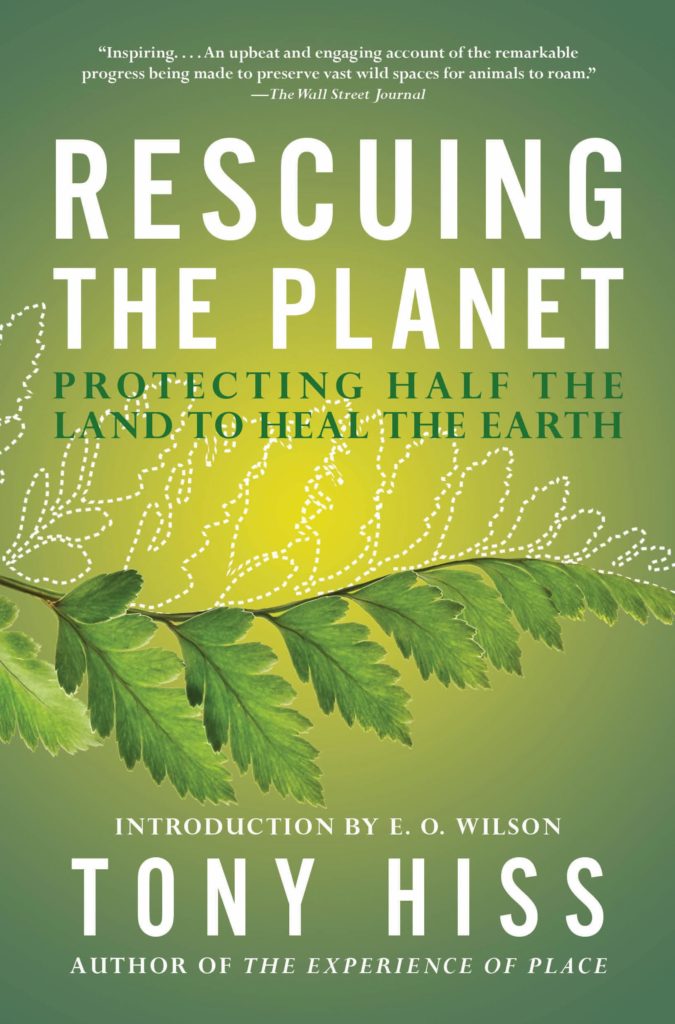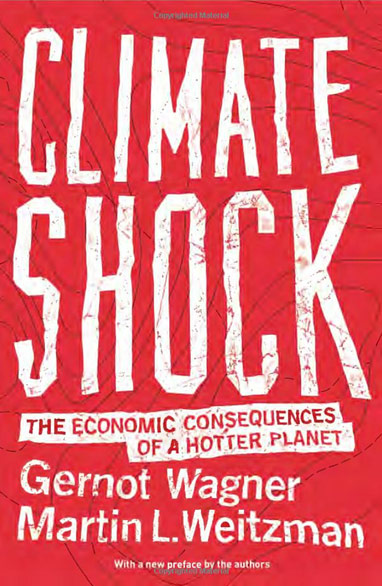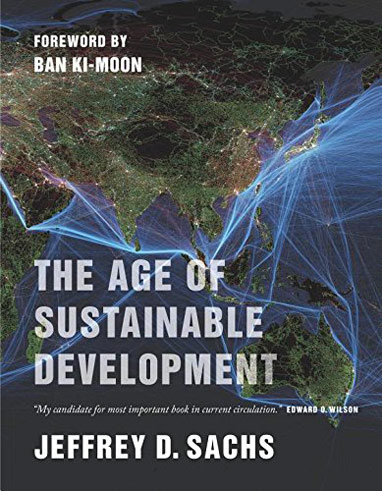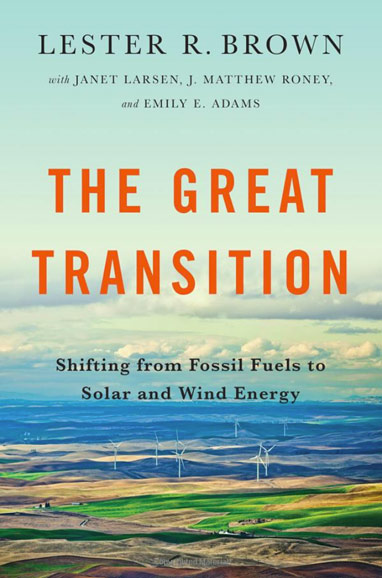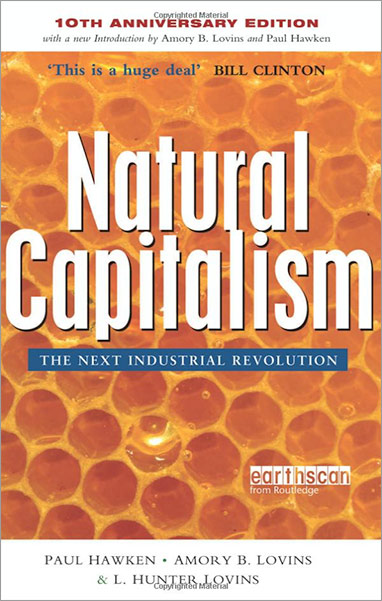
Natural Capitalism
Creating the Next Industrial Revolution
By Paul Hawken, Amory Lovins & L. Hunter Lovins
Most businesses still operate according to a world view that hasn’t changed since the start of the Industrial Revolution. Then, natural resources were abundant and labor was the limiting factor of production. But now, there’s a surplus of people, while natural capital natural resources and the ecological systems that provide vital life-support services is scarce and relatively expensive. In this groundbreaking blueprint for a new economy, three leading business visionaries explain how the world is on the verge of a new industrial revolution. Natural Capitalism describes a future in which business and environmental interests increasingly overlap, and in which companies can improve their bottom lines, help solve environmental problems and feel better about what they do all at the same time. Citing hundreds of compelling stories from a wide array of sectors, the book shows how to realize benefits both for today’s shareholders and for future generations and how, by firing the unproductive tons, gallons, and kilowatt-hours, it’s possible to keep the people who will foster the innovation that drives future improvement.
Categories: A Sustainable Planet, Our Contributors' Book Reports
Subjects: capitalism, environment, green energy
- All Books by Section
- Our Contributors' Book Reports
- Books Referenced in Human Journey Sections:
- Journey of the Human Mind
- Discovering Our Distant Ancestors »
- The Evolution of Language
- Ideas that Shaped Our Modern World »
- Paleolithic Beginnings
- Connecting with the Gods
- Axial Age Thought
- Origins of Christianity
- Origins of Islam
- The Journey of Classical Greek Knowledge to the Western World
- Stories and Storytelling
- Tools and the Development of Contemporary Society »
- A Sustainable Planet
- The Changing World Economy »
- Health and Education in the Modern World »
- Our Mind in the Modern World »


